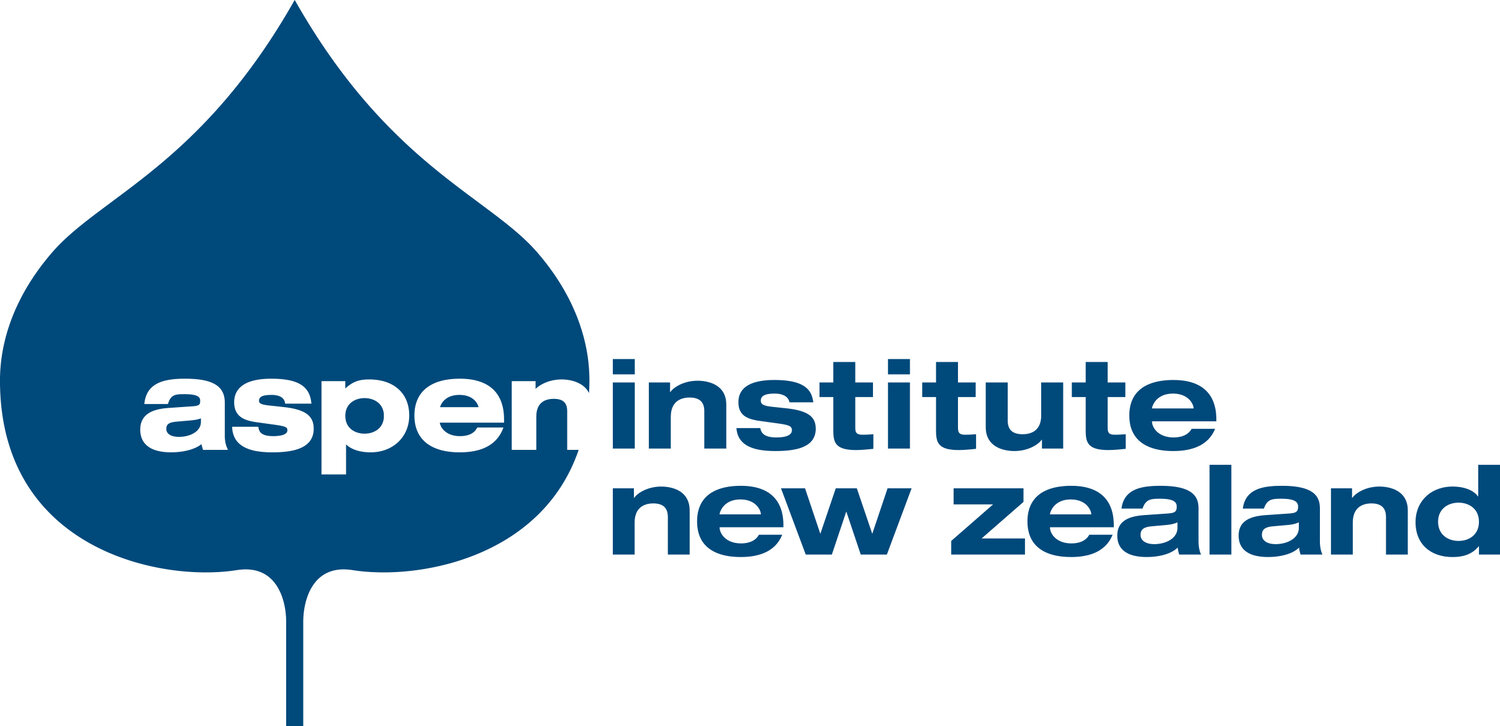Sister Cities Challenges:
The Infrastructure Dilemma -
Energy & Transport
Sister cities Queenstown and Aspen, renowned for their natural beauty and thriving tourism, both face significant infrastructure challenges that impact residents and visitors alike. In Queenstown, rapid population growth and tourism pressures have led to increasing energy security concerns, traffic congestion and infrastructure strained to keep pace with demand. Aspen grapples with similar issues, including long-standing traffic woes and the complexities of transitioning to sustainable, all-electric buildings to meet climate goals. As demand outpaces supply, both towns are exploring innovative solutions to address these critical concerns while ensuring sustainable growth and resilience.
Join us for the next session of the Sister Cities Challenges series, where Aspen and Queenstown continue their collaboration to address shared infrastructure challenges, following part one of this series on housing and urban planning in April. This forum will explore critical issues in energy security and transport, focusing on innovative approaches and practical solutions for both communities.
Leaders and experts from both regions will discuss how infrastructure can evolve to meet growing demands while remaining sustainable and resilient. Whether you're a policymaker, business leader, or community member, this is an opportunity to contribute to a vital conversation shaping the future of our communities.
Event Details:
Topic: The Infrastructure Dilemma: Energy & Transport
Date: 1 May, 3:00pm - 4:15pm MST (Aspen)
2 May, 9:00am - 10:15am NZT (Queenstown)
Format: Online Panel Discussion
Moderator: Christine Maiden Sharp, CEO of Aspen Institute New Zealand
Panelists: Glen Sowry, CEO, Queenstown Airport Corporation
Stephen Batstone, Director, Whiteboard Energy
Kara Silbernagel, Deputy County Manager, Pitkin County
David Pesnichak, Chief Operating Officer, Roaring Fork Transportation Authority (RFTA)
Partners: Queenstown Lakes District Council, City of Aspen, Queenstown Business Chamber of Commerce,
Aspen Chamber Resort Association (ACRA), Destination Queenstown
Moderator:
Christine Maiden Sharp, Founder and Chief Executive of the Aspen Institute in New Zealand, brings a wealth of global experience to her leadership. Previously, she served as Executive Director of the New Zealand Chamber of Commerce in Singapore and was a consultant with McKinsey & Company. Having lived and worked across Asia, Australia, and the USA, Christine returned to Queenstown, New Zealand, where she was inspired to launch the initiative. She holds a Master of Commerce with First Class Honours from the University of Auckland. Following her tenure at McKinsey & Company, Christine played a key role in shaping forward-thinking corporate strategies in Australia as an independent consultant. Today, she remains dedicated to driving meaningful change in organisations and society, aligning with the Institute’s mission to foster a more just, free, and equitable world.
Panellists:
Glen Sowry joined the QAC team as Chief Executive Officer in September 2021. Since joining QAC, Glen has been instrumental in leading the development of a new 10-year Strategic Plan for the airport and is now leading the development of a new Master Plan to shape the airport for the coming decades. He has also been instrumental in building strong alignment with local communities and Regional Tourism Organisations to ensure Queenstown Airport enables appropriate levels of growth into the future. Glen has extensive leadership and aviation experience having spent over a decade in a range of senior executive roles at Air New Zealand as well as being former Chair of the Board of Airline Representatives New Zealand (BARNZ). Prior to joining QAC, Glen held CEO roles at Metlifecare and Housing New Zealand (now Kainga Ora). Earlier in his career he was a professional yachtsman, competing for New Zealand in the America's Cup, the Whitbread Race and the Olympics. Continuing this involvement, Glen is now a Board member of the New Zealand Olympic Committee.
Stephen Batstone, founding director of Whiteboard Energy, completed a PhD in Operations Research at Canterbury University. He was part of the Energy Modelling Research Group (EMRG) as they advised CORE, ECNZ and the Wholesale Electricity Markets Development Group (WEMDG) through the evolution of the wholesale market in New Zealand. During his tenure at Canterbury, Stephen did extensive tutoring, lecturing and some consulting. He continued lecturing at Honours’ level until 2010. After moving to the commercial sector with Mighty River Power in 2002 he has been intimately involved with the market and investment. He has held a variety of senior roles across regulatory, transmission, risk, investment and commercial groups. In his time at Mighty River Power he led numerous small-group training workshops at a range of management levels across retail, metering, development, operations and trading groups. Stephen also led the National Energy Research Institute (NERI) over its first two years where he forged better relationships between industry and academia. As well as being a founding director of Whiteboard he also consults to the industry.
Kara Silbernagel is the Deputy County Manager at Pitkin County, overseeing Community Development, Housing, and Resiliency initiatives, including the County’s climate programs. With over a decade of experience in public administration and community planning, Kara has played an integral role leading and facilitating major community engagement processes that have helped guide county policy based on climate and community values, including visioning for the Aspen/Pitkin County Airport and the county-wide comprehensive plan for guiding future policy decisions across transportation, the built environment, and public infrastructure.
David Pesnichak is an AICP-certified professional with over 20 years of experience in government and a strong background in transportation and planning. He currently serves as the Chief Operating Officer at the Roaring Fork Transportation Authority (RFTA), which is the largest rural transit authority in the United States. Previously, he was the Mobility Coordinator for RFTA, focusing on First and Last Mile Mobility programs. His experience also includes working as the Community/Transportation Planner for the U.S. National Park Service at Grand Canyon National Park in Arizona and as Regional Transportation Director for Pitkin County in Colorado.






